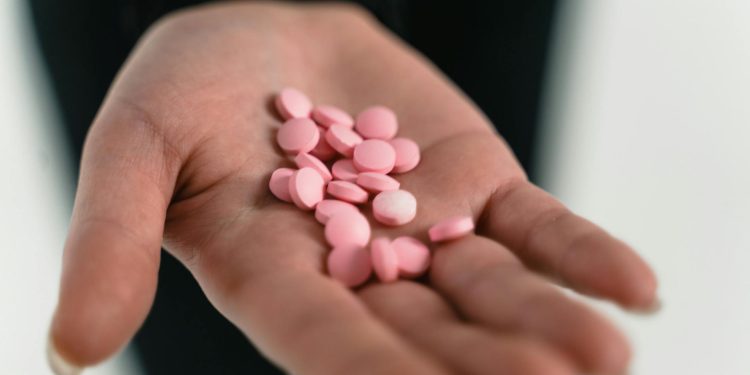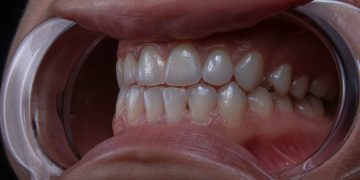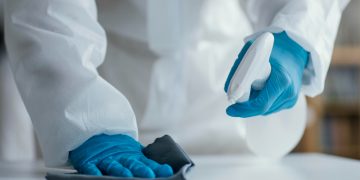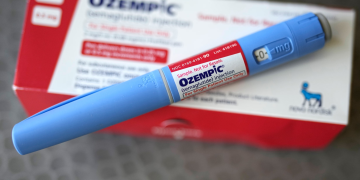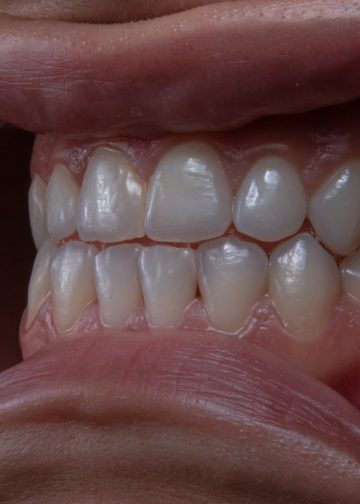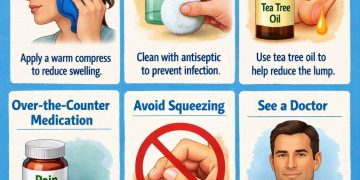Antibiotics are life-saving medicines that are important when treating an infection. However, all medicines come with a trade-off. The role of antibiotics is to remove bacteria from your system. However, this sometimes causes the good bacteria in your gut to be disrupted as well.
What’s the good news, though? Well, your gut is a resilient fighter. So, with the right method of recovery, restoring microbial balance becomes easier. Keep reading this guide to know the exact ways to restore your gut health after antibiotics. All the methods mentioned are safe, effective, and natural.
What Antibiotics Do to Your Gut (And How Long Recovery Takes)
Now, when you are suffering from an infection that is so severe that it induces fever, cold sweats, and may lead to further complications, it is necessary to get on antibiotics.
Antibiotics are designed to battle the harmful bacteria in your body and attack on the root cause of the infection. However, antibiotics are not so advanced that they could reduce both harmful and beneficial bacteria. So when it strips off the good microbiome of your gut it may lead to:
- Decreased microbial diversity in your system.
- Digestive symptoms like bloating, diarrhea, or constipation.
- Weakened immune defenses.
- Higher risk of infections like C. difficile.
When you take antibiotics, they reduce both harmful and beneficial bacteria. This can lead to:
- Decreased microbial diversity
- Digestive symptoms like bloating, diarrhea, or constipation
- Weakened immune defenses
- Higher risk of infections like C. difficile
Recovery time varies for everyone. For some, gut bacteria are restored in a few weeks. For people on higher doses of antibiotics, especially courses that run for months, it may take longer. Apart from this diet, lifestyle, age, and overall health also influence how quickly your gut health is restored.
Best Strategies to Restore Gut Health After Antibiotics
1) Don’t Panic, But Pay Attention to Symptoms
If your bowel movement is loose or there is bloating, then these are common symptoms that occur when taking antibiotics. It is the job of medicine to flush out bacteria in this way, among others. However, if these progress to severe diarrhea, fever, or bloody stools, consult a doctor immediately. These may be signs of a C.difficile infection.
2) Feed Your Gut with Fiber-Rich Foods
Fiber is the ultimate food for healthy gut bacteria. The more fiber you eat, and in variety, the diverse your microbiome becomes. So load up on various fruits, vegetables, legumes, whole grains, nuts, and seeds. Typically, one should aim for at least 25-30 grams of fiber intake daily.
3) Add Fermented Foods for Natural Probiotics
Fermented foods provide live microorganisms that help restore balance. Some excellent choices include:
- Yogurt with live cultures
- Kefir
- Kimchi
- Sauerkraut
- Tempeh and miso
Start with one serving a day and increase gradually.
4) Use Targeted Probiotics (Not Just Any Supplement)
All probiotics are not equal. The benefits of each probiotic depend on the specific strain. For example, strains like Saccharomyces boulardii and Lactobacillus rhamnosus GG have shown significant results in reducing antibiotic-associated diarrhea.
If you decide to take probiotics:
- Begin within a few days of starting antibiotics.
- Continue for at least a week or two after finishing.
- Choose products that clearly state the strain and CFU count.
Always consult your doctor before starting supplements, especially if you’re immunocompromised.
5) Prebiotics: Food for the Good Bacteria
Prebiotics are also a good option when choosing your fiber to feed beneficial bacteria. Natural sources include garlic, onions, and leeks. Among fruits, bananas are a great prebiotic. One could also have oats, which are a proven prebiotic.
6) Avoid Unnecessary Antibiotics in the Future
Prevention is key. Only take antibiotics when prescribed, and never stop a course halfway. Overuse leads to repeated disruptions and resistant bacteria.
7) Support Recovery with Lifestyle Habits
Microbiomes don’t live in isolation, but they affect your daily habits as well. To improve gut health a lifestyle change is equally important. Aim for 7-9 hours of quality rest. With regular moderate movement in your habits, gut health will improve. Try to reduce stress as well, it affects gut bacteria. Try mindfulness, deep breathing exercise, or yoga.
8) Advanced Options: Fecal Transplant and Microbiome Therapy
In severe cases, especially with recurrent C. difficile infections, advanced therapies like fecal microbiota transplantation (FMT) may be recommended. This restores gut health by introducing healthy donor microbes. It’s not for routine use but can be lifesaving when standard treatments fail.
Week-by-Week Recovery Plan
While Taking Antibiotics
- Take them exactly as prescribed.
- Eat fiber-rich foods if tolerated.
- Add a probiotic supplement if recommended by your doctor.
- Include at least one serving of fermented food daily.
0–2 Weeks After Finishing
- Focus on gut-soothing, easy-to-digest high-fiber foods.
- Introduce prebiotic foods gradually.
- Stay well-hydrated.
- Continue probiotics for 1–2 weeks if you started them.
2–8 Weeks After Finishing
- Increase plant variety — aim for 25+ different plants per week.
- Add resistant starch sources like beans, lentils, and cooled potatoes.
- Keep fermented foods in your diet.
- Prioritize sleep and regular exercise.
2–6 Months After Finishing
- By this stage, many people experience full recovery.
- Stick with a diverse, plant-based diet and balanced lifestyle.
- If symptoms like diarrhea, pain, or bloating persist, consult a healthcare professional.
Safety Tips to Keep in Mind
Keep these in mind on your journey to restoring your gut health:
- Probiotics may not always be the best option for people. It is not safe for people with a weak immune system, so always consult your doctor before introducing them into your system.
- Fermented foods are beneficial, but keep in mind that they don't spike up your other parameters. For example, some fermented foods, such as kimchi or sauerkrau,t can be high in salt, so balance your intake of these.
- If your gut problems persist, it may be signalling something more serious. When these symptoms last longer than 2 weeks, immediately seek medical help.
Final Thoughts
Knowing how to restore gut health after antibiotic use is more than just switching to having a lot of probiotics. You need to know your body, support it, and give it the time to naturally recover with a nourishing diet and healthy lifestyle habits.
Most people bounce back within a few weeks to a month. Remember, progress is low and consistency is key.


